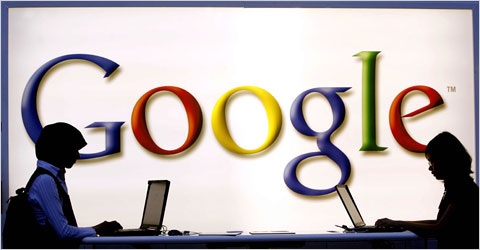So, did you hear about the Googler’s manifesto brouhaha?
In case you haven’t, last week an engineer at Google distributed a 10-page memo in one of their internal platforms, in order to have an open discussion about Google’s diversity programs. The manifesto made its way out, got published online and went viral. After a few days of public outrage –how shall we say this- *he is no longer with the company.
The manifesto is worth reading. I however, was not outraged, in fact I agree with some of his points: 1) too much political correctness prevents us from having an honest discussion; 2) not all the gender paygap is based on sexism, 3) we can’t expect companies to correct inequities which are cultural and societal.
Where he went wrong, I’m cherry picking here, is by asserting that differences in women’s preferences (empathizing vs. systemizing), and women’s tendencies (neuroticism, higher anxiety,) and women’s abilities (lower drive for status, lower stress tolerance) are the reason why women don’t make up half of Google’s engineering and leadership positions.
Understandably, he got a lot of pushback.
But even though his logic was flawed, I do appreciate him opening up a pandora’s box of questions about women’s roles.
It’s known the tech industry has problems attracting women, which they try to fix with “diversity” programs. But they are doing little to address the sexually charged underbelly of a “Bro-culture” dominated by men.
At Uber, the CEO was forced to resign after several complaints of sexual harassment -and a memo he sent about sex rules at the company party– were leaked.
We idealize the tech industry: It’s young, smart, inclusive, innovative, it’s the future, it represents our best ideals, we expect better from them. Yet we continue to hear from women who describe a frat-house environment, and an industry where even female entrepreneurs are harassed by male venture-capital investors.
So how do we fix this?
I don’t have answers today, only more questions.
Is the tech industry really that different than any other industry? Do we have a different “equality expectation from tech?
Do we expect equality from other engineering-heavy industries such as the automobile industry? Should we?
Are we expecting companies to fix problems that are a reflection of larger cultural and societal issues about gender, power and equality?
*Before you think he can’t be fired because the first amendment gives him the right to say what he wants let me just say that the 1st amendment only protects you from the government silencing you, and has nothing to do with your employer -who can certainly censor you and fire you.
©Copyright Eva Del Rio
Eva Del Rio is creator of HR Box™ – tools for small businesses and startups. Send questions to Eva@evadelrio.com



